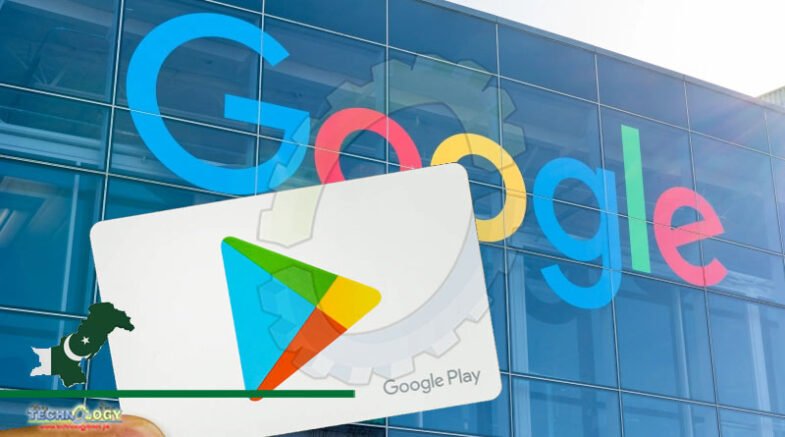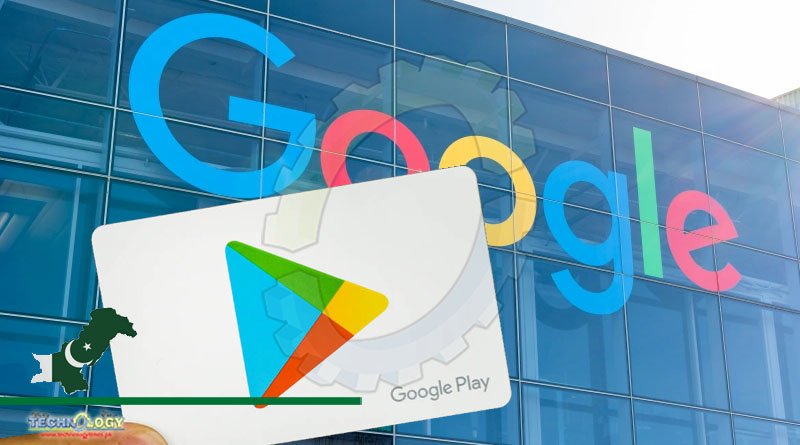A wave of competition between tech behemoths in the quickly developing field of AI was sparked by the release of ChatGPT, developed by OpenAI and supported by Microsoft.

In a recently released peer-reviewed study, it was revealed that Google’s AI-powered medical chatbot Med-PaLM had successfully passed a difficult US medical licensing exam. The study does however point out that the chatbot’s responses still fall short of those of human doctors.
A wave of competition between tech behemoths in the quickly developing field of AI was sparked by the release of ChatGPT, developed by OpenAI and supported by Microsoft.
Despite ongoing debates about the advantages and disadvantages of AI, the healthcare industry has seen significant advancements in this field. For instance, specific AI algorithms have demonstrated the capacity to decipher particular medical scans as precisely as human experts.
Google introduced its AI solution called Med-PaLM, intended to answer medical queries, in a preprint study released in December. Med-PaLM is not currently available to the general public, in contrast to ChatGPT.
The first significant language model to pass the US Medical Licensing Examination is Med-PaLM, claims the American technology conglomerate (USMLE). An AI technique called Med-PaLM has been trained on a sizable amount of text that was produced by humans.
The passing score for the US medical licensing exam, which medical students and aspiring doctors must take, is typically in the range of 60%.
According to a study done in February, ChatGPT’s performance received passing or nearly passing marks.
Google researchers reported that Med-PaLM scored 67.6% on multiple-choice tests modelled after the USMLE format in a peer-reviewed study that appeared in the Nature Journal on Wednesday.
In order to address and reduce “hallucinations,” which happen when AI models produce false data, Google has introduced a new evaluation benchmark. This programme aims to identify and minimise such occurrences in technology.
The study’s principal author and Google researcher, Karan Singhal, revealed that the team used the new evaluation benchmark to rate a more recent iteration of their AI model. Singhal referred to the outcomes as “super exciting.”
In a preprint study published in May but not yet subjected to peer review, Med-PaLM 2 received a USMLE score of 86.5%. Compared to its predecessor, this is a significant improvement of almost 20%.
